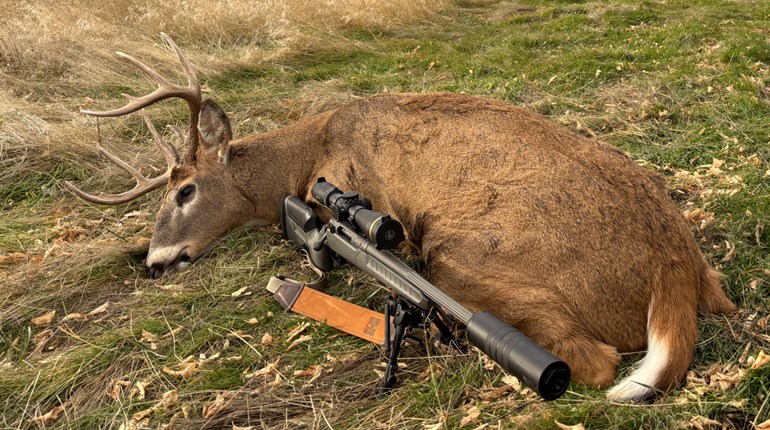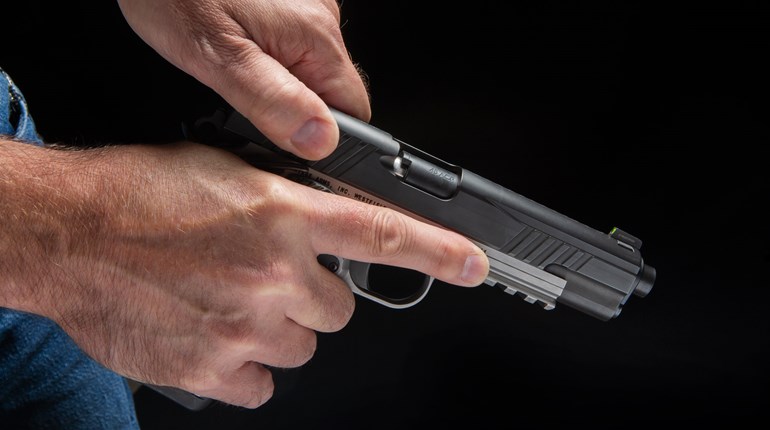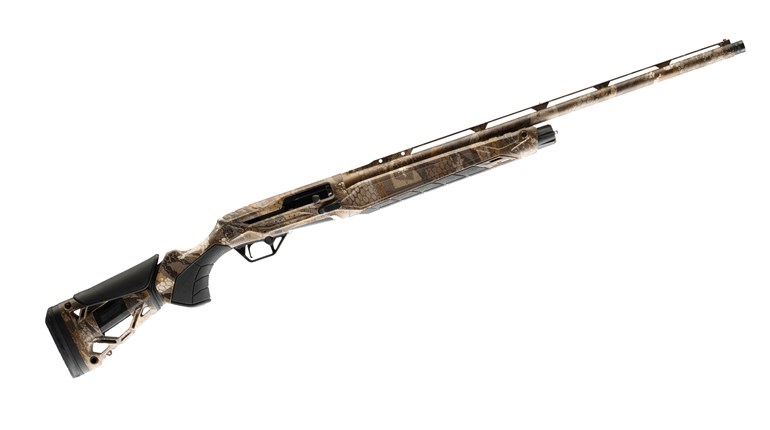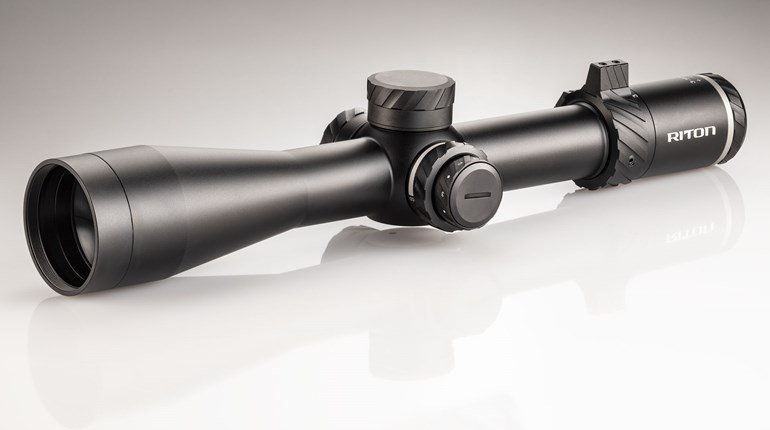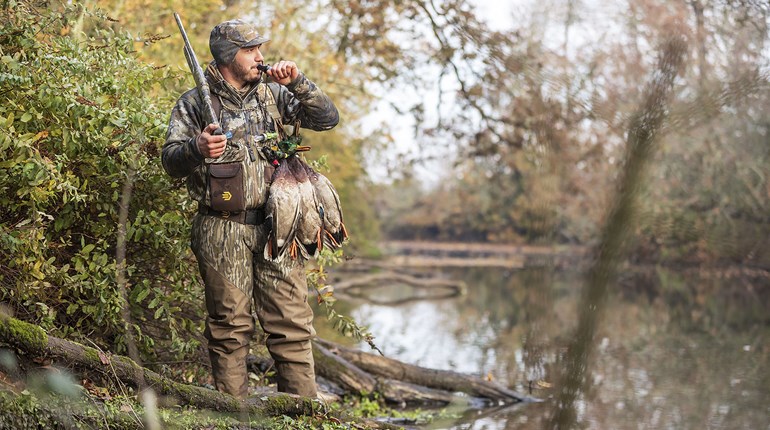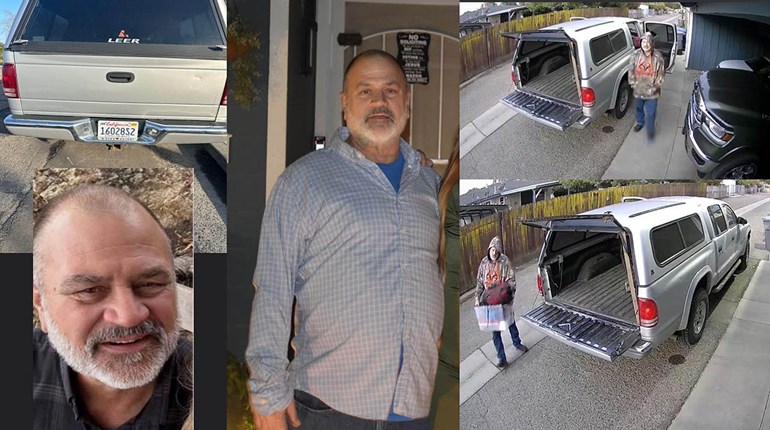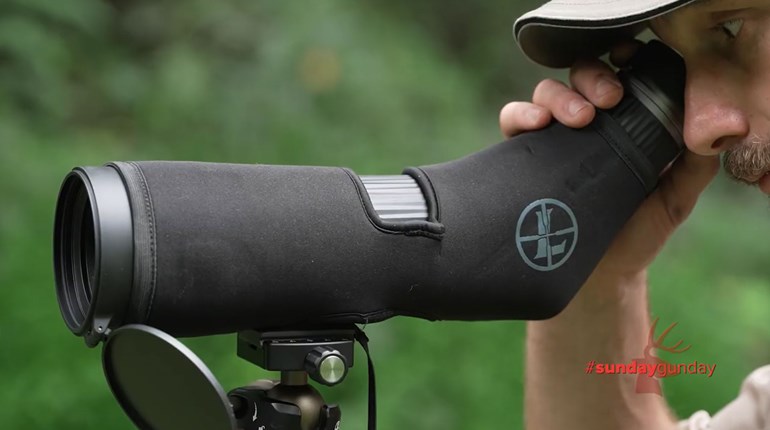
Most shooters don’t need to be “sold” on hearing protection, especially for high-volume range activities. However, no matter how safe we are when we’re punching paper, many of us neglect to cover our ears when we are afield, often citing something foolish like “it’s just one shot.” It’s a shame too, because today’s electronic ear protection delivers so much more than simple sound suppression. When I hunt, I wear them regardless of the season and what I’m hunting. Here’s five reasons why you’ll always find a pair of muffs on my head when I’m in the woods.
1. They keep my ears warm
Even though earmuffs made to defend your hearing don’t much resemble the ones you might wear while skiing or snowboarding, they operate just the same. By enclosing your entire ear, earmuffs trap the little bit of heat that ears create from blood flow. The coldest times of the day are also the most active with regards to animal movement. Being able to stay still and warm for even an extra 30 minutes will greatly increase your odds of success.
2. They keep bugs out
If it’s got wings, make no mistake, it’ll be attracted to every orifice on your face (good argument for eye protection too). Few things are more painful than sustaining a mosquito bite to the ear canal—and sadly, I speak from experience. Plugging the ol’ ear holes slams the door on these blood-thirsty pests while muffling the intensely irritating sounds of them whizzing around your head. The urge to swat can tank your success afield. Nothing grabs an animal’s attention like flailing arms. Your camo might be good, but it’s not that good.
3. They break up your outline
Late-season game animals know what seeing a human being in the woods means, and they quickly learn to avoid anything that remotely resembles us. However, if we disguise our most defining features, it can buy us that extra footstep to make an ethical shot. Our head and ears make up the majority of our profile, so by covering as much of it as possible, we make ourselves look less human and apply camouflage in another kind of way. At the same time, hunting-specific ear protection is often available in blaze orange or another fluorescent, ensuring that you’ll be seen by eyes that can resolve those colors (human) while slipping by those that can’t (most animals).
4. They help keep my eye protection on
Even though the odds of sustaining an eye injury from my gun are greatly diminished in a hunting scenario, I still like to put on a pair of tinted lenses. By doing so, this helps to further conceal my face and keeps the morning and evening sun out of my eyes when I am up in a treestand. You know what isn’t fun? Dropping them and having to climb back down. Earmuffs keep these pressed firmly against my head and eliminate the chance of this happening, saving me the trouble of having to rappel … and possibly scaring off anything nearby.
5. I can hear better with them on!
In the past, hunters used to leave the muffs and plugs at home because they were concerned that they wouldn’t hear a far-off deer walking through the woods or a flock of ducks coming in from a distance. While that may have been true with the passive ear protection of the past, some of today’s ear pro features advanced electronics that amplify sounds that are quieter than gunshots and pass them through to your ears. With the volume cranked up, I’ve heard soft-walking whitetail and black bear far before they came into sight. This allowed me to get still and start working out my position based on where the sounds were coming from.
The face of hunting has changed, so the face of hunters ought to as well. Additionally, old concepts that we swore by are starting to be tested and disproven, and a more fruitful bounty has been the outcome. This all comes from learning from our mistakes and that simply means that we are growing as a community. If you don’t cover your ears when you are in pursuit, you’re losing out on more than just a few dB of hearing. That next monster buck might be out there, and with a good set of electronic muffs of plugs, you have a better chance of hearing him come in than you might think.













